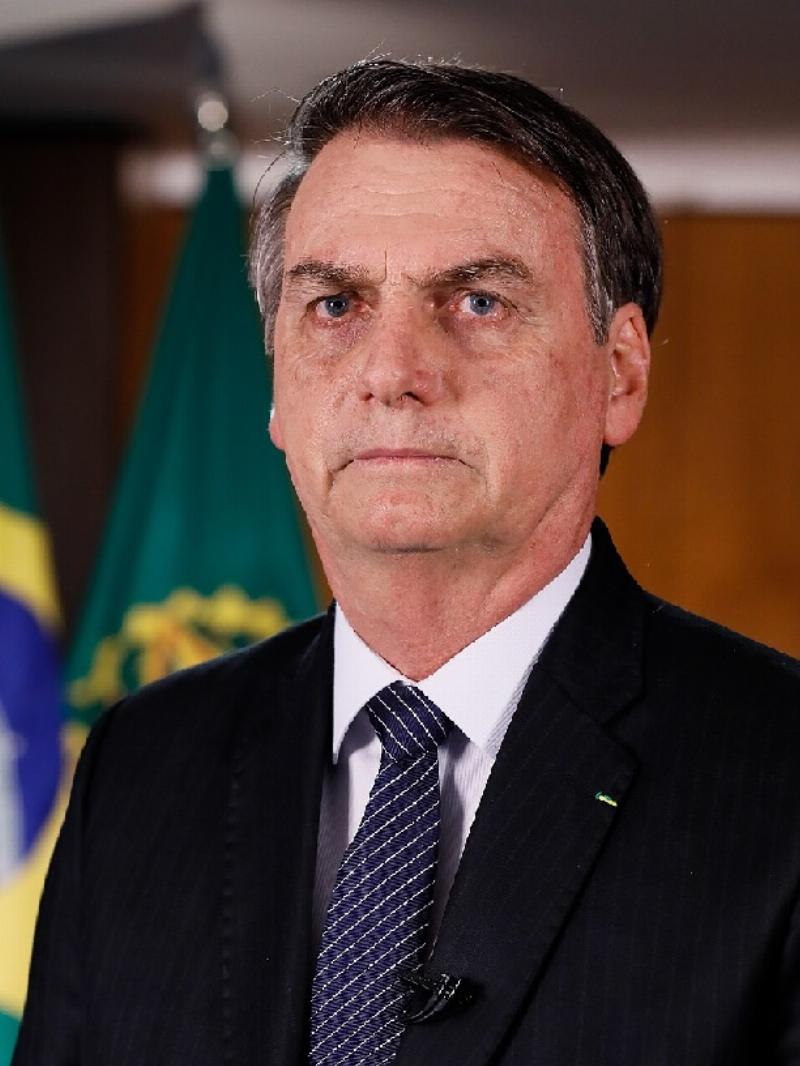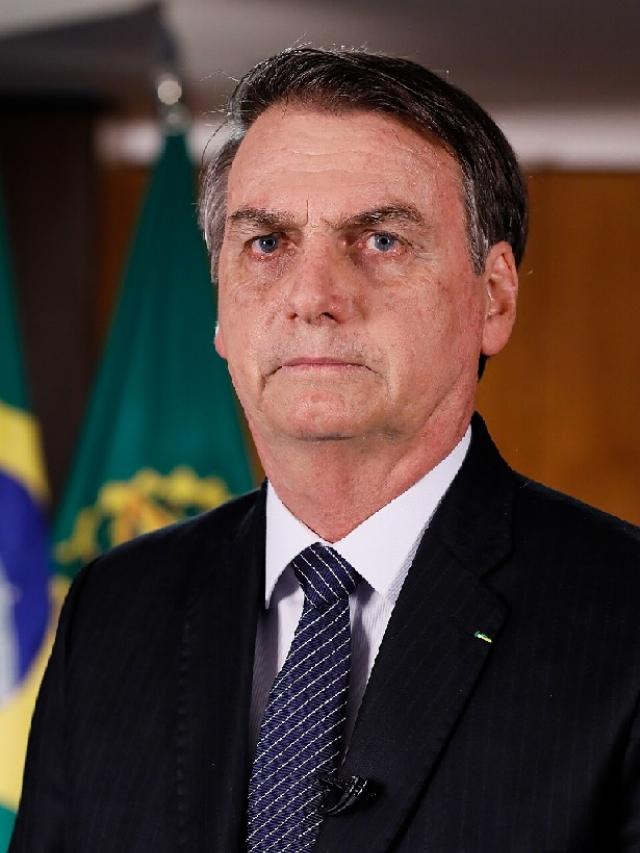


We in the United States have focused so much on American vote fraud in recent years -- and sure, there’s plenty to focus on -- that it’s been easy to forget that vote fraud is actually a global problem.
Virtually everywhere there are elections, there is a risk of fraud. Sometimes the country even thinks of vote fraud as a feature, not a bug.
In the 20th century, Josef Stalin famously said that “it wasn’t who votes that matters, but who counts the votes.”
Even back in the 19th century, New York’s own Boss Tweed allegedly said, “I don’t care who does the electing, as long as I get to do the nominating.”
In recent decades, the world has watched as wholly improbable election results have produced victors the rest of the world found dubious -- Nicolas Maduro in Venezuela, Viktor Yanukovych in Ukraine, Mahmoud Ahmadinejad in Iran, Joe Biden in the United States, Luiz Lula in Brazil.
Each time, people all over the earth watch, sometimes in shock, sometimes in glee, as elections are stolen.
Other than issuing the proverbial “strongly worded letter,” there’s generally nothing we could do about such occasions from outside.
Until now.
On July 10, 2025, President Donald J. Trump issued another of his tariff notification letters, but this one was different from the rest:
Notifying Brazil that we’re setting their “reciprocal tariff” rate at 50%, he mentioned that Brazil’s illegal and unethical prosecutions of former President Jair Bolsonaro was among the drivers in our determination that such a high tariff was warranted.
With this one action, President Trump has broken new ground in international relations. How much of an effect it will have, of course, is yet to be seen, but he has used American economic policy to punish a foreign country for violating not only international norms but also its own laws in harassment of its own former legally-elected president.
We have seen local, liberal good-government groups such as the League of Women Voters try to help the electoral process through voter registration drives, issue forums, and candidate debates, but this one action by President Trump dwarfs those efforts, adding a brilliant new tool to the effort to improve global respect for the sanctity of elections.
 Left unmentioned -- but certainly known to all who pay attention to such matters -- is the fact that President Bolsonaro is an honorable believer in economic liberty, a man who tried to take on the corruption and socialism of Brazil during his tenure as president. He is known by many as “The Trump of the Tropics,” and has drawn the hatred of the Brazilian deep state in much the same way as our president has drawn the ire of ours.
Left unmentioned -- but certainly known to all who pay attention to such matters -- is the fact that President Bolsonaro is an honorable believer in economic liberty, a man who tried to take on the corruption and socialism of Brazil during his tenure as president. He is known by many as “The Trump of the Tropics,” and has drawn the hatred of the Brazilian deep state in much the same way as our president has drawn the ire of ours.
Brazil’s hostile acts of lawfare against Bolsonaro, especially after the current regime threw him out in a questionable election, provide unmistakable parallels to our own experience with the Biden-Harris regime’s usurpation of office and subsequent hounding of President Trump.
There were no foreign governments with any way to intervene in support of President Trump after we watched his election get stolen in real time, late that November night in 2020. Perhaps if this approach catches on, foreign countries will grow to fear such legal, above-board retaliation in response to such antics. Or perhaps it will serve as a negative precedent; it doesn’t take much imagination to foresee that possibility as well.
In any case, President Trump’s action was at least an honorable effort, one of the most serious strikes in favor of honest elections and good government that the world has seen in a very long time.
Of course, there will be those who argue that a tariff announcement is no place for such an issue. We have that covered too.
What insiders know -- though it may be unknown to the general public -- is that Brazil has long been considered one of the most protectionist countries in the world.
Generally speaking, a nation can exhibit protectionism in two ways -- either through tariff barriers or non-tariff barriers.
Tariff barriers are obvious costs borne by the importer, such as import duties and other tariffs, Customs fees and import bonds, all sorts of taxes set upon each individual importation.
Non-tariff barriers are onerous requirements for regulatory approval of products, pre-shipment import permits, costly testing and marking procedures, in-country representation requirements, pre-shipment consular legalization of documents, and so forth.
Brazil is one of the few countries that is very heavy on both sides of the protectionist front, posing severe tariff and non-tariff barriers that make importation of goods -- not just from the USA but from anywhere -- intentionally problematic, complex, and expensive.
When Brazil tells you the import duty on a given article is just five or six percent, and you say “well, that sounds reasonable,” you’re likely to be shocked to learn that Brazilian Customs adds a host of other taxes, tariffs, fees and bonds on top of those duties, until the final bite lands somewhere between fifty and one hundred percent of the value of the goods themselves.
When President Trump made his Liberation Day speech on April 2, detailing the many foreign countries which practice such outrageous protectionism as to effectively shut their doors to imported goods -- not only America’s but everybody’s -- for many of us in the audience, Brazil was the first country that sprang to mind.
The identification of the Lula government’s injustices against President Bolsonaro in this announcement was definitely a great step for the philosophy of good government.
But the tariff announcement itself -- a 50% levy on top of normal duties on Brazilian goods imported into the United States -- stands alone as totally justifiable in its own right, along the President’s theme of reciprocal treatment in respect of how each other country treats us.
Brazil has always slammed its doors shut on America goods, even as we’ve happily welcomed in imports from Brazil ourselves. With this program, and especially with this one announcement in particular, President Trump has declared to the world that the days of America being an economic doormat are over.
If Brazil wants to be able to export to the United States, it’s time they acknowledge that decency requires that they open their own doors to the products of the United States too.
Day by day, step by step, country by country, the Trump administration is bringing clarity and justice to the political scene.
John F. Di Leo is a Chicagoland-based international transportation manager, trade compliance trainer, and speaker. Read his book on the surprisingly numerous varieties of vote fraud (The Tales of Little Pavel), his political satires on the Biden-Harris years (Evening Soup with Basement Joe, Volumes I, II, and III), and his most recent collection of public policy essays, Current Events and the Issues of Our Age, all available in eBook or paperback, only on Amazon.
Image: Isac Nóbrega/PR
